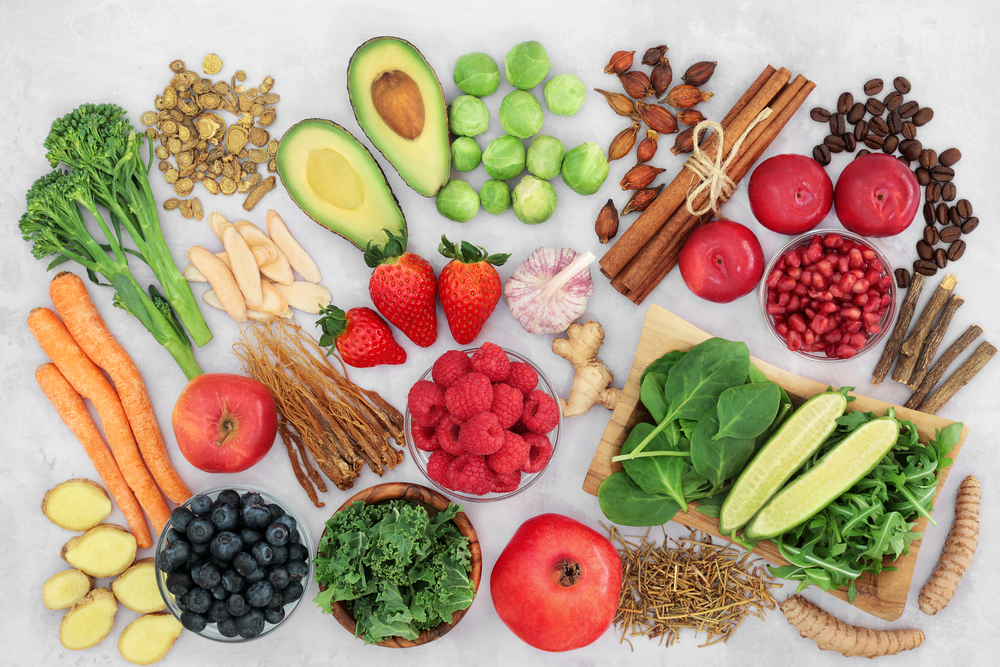7 Healthy Foods for Adults
Nutrition is the process of taking in food through the mouth and absorbing the nutrients in the food required for the proper function of the body. Through good nutritional practices, one can maintain good health status and reduce the risk of getting diseases. Nutrition is crucial for all age groups, from infants to adults; studies have shown that one in the American adults has been able to gain excess weight through the consumption of low-quality foods.
Lifestyle modification can help an adult with excessive weight by consuming foods that are good sources of different nutrients and those that are low in sugar and fat. This helps in preventing and controlling numerous diseases that affect the adult population. An example is consuming foods low in salt as it helps in maintaining normal blood pressure. Medical conditions and diseases affecting adults always impact the type of nutrients the body absorbs during the digestion process; it can be too excess consumption of certain nutrients or a lack of certain nutrients in the body.
There are specific diseases directly linked to the eating habits of an adult. These include;
- Type 2 diabetes
- Hypertension
- Arthritis
- Osteoporosis
- Certain types of cancer
These, among other diseases and conditions, are linked to many health challenges an adult faces in their daily lives. Hence it is essential to acknowledge the importance of nutrition, especially the type of diet required for an adult to live a healthy life.
The Importance of Good Nutrition Practices among the Adult
- Good nutritional practices help keep the younger adult strong as this particular group of individuals requires energy in their daily lives, including raising children and their jobs.
- Pregnant women also need good nutrition to ensure they can carry their pregnancy to term.
- Those in their middle adult age require good nutrition to maintain healthy weight gain and prevent the development of diseases and conditions.
- Those in the late adult age benefit from good nutritional practices to prevent complications associated with different medical conditions, including social factors affecting their eating habits.
Dietetic Recommendations for Adults
The following food groups are encouraged for consumption to maintain a good nutritional and health status.
- Grains: An adult should consume at least three ounces of grains daily. Examples of whole-grain foods are whole-grain cereals and whole-grain bread. In addition, half of all the grains consumed should be from whole grains.
- Vegetables: Adults are encouraged to consume more oranges and dark green vegetables due to their rich nutrients. They are also encouraged to consume more dry beans and peas.
- Fruit: About 2-4 servings of fruit are recommended daily. Adults should consume enough fruit such as fresh, frozen, or canned, but this can be affected by the different conditions one is faced with, like renal diseases. Hence the adult will require the assistance of a nutritionist or dietitian to make good choices of fruits for consumption. Fruit juices can also be consumed, however, in moderation.
- Milk and Milk Products: These products help supply enough calcium to maintain a healthy and strong bone.
- Meat and Beans: These food groups help in providing the body with proteins to build the body. However, it is recommended to consume more lean protein products to reduce the chances of consuming too much fat, which can lead to high cholesterol.
- Oils and Fats: It is advised to consume oils from healthy sources like vegetable oils, nuts, and fish.
- Fluid intake: This has been ignored by many adults. However, it is important to take enough fluid each day. It plays many roles in the body, including skin condition, waste removal, aiding indigestion, and other functions. The recommended water intake for men is thirteen cups, and for women, nine cups.
Finally, Lifestyle modifications through good nutritional practices, an adult can ensure good nutrition and health status not just for a short period but also for the long term.
Written By: Jackson Omanwa







Comments (0)